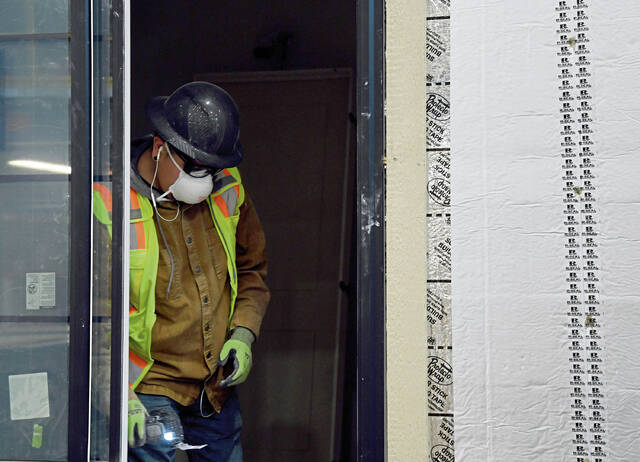When I attended college in the 1980s, cheating on tests was forbidden. If you were caught, your reputation and record were ruined. Since then, academic cheating has become more common. Patients who are college students tell me that “only suckers” avoid shortcuts or won’t skirt the rules for A’s. I’ve worked hard to convey the significance of mastery, only genuinely felt by patients when practiced. Perhaps the worst part: “Professors know” about this, but don’t intervene. Apparently, some adults have stopped teaching the importance of fair play.
Cheating is the behavioral equivalent of lying. As they grow up, children develop the capacity to lie. We marvel at a child’s imagination as he spins a yarn and “tricks” us to show his power. Over time, we teach them why they shouldn’t take advantage of others for personal benefit. We show them that relationships rely on mutual trust. Adolescents begin to consider the importance of confidentiality, dependability gained from trust, and how you can lose friends if you betray them.
Adolescents also begin to understand there are subtle exceptions to truth-telling. A “white lie” may be kind. Sometimes an omission is compassionate, such as when a friend doesn’t tell another friend — who’s been left out — about a popular classmate’s party. These lessons teach adolescents about nuance, in which truth is balanced with other ideals, such as protection of a friend from being hurt.
Notwithstanding these exceptions, exchanges of truth are intrinsic to bonding, initially between mother and child. Because obscuring the truth is typical — especially beyond family and friends — we have created social institutions to prioritize truth-telling. For example, our laws depend on the standard that citizens speak truthfully while under oath. Major religions identify honesty as one of their basic principles. The free press depends on the reliability of facts. Our military has a strict honor code. And academic competition has historically hinged on a consensual set of rules. To sustain social structures, truth matters.
There has been an erosion of truth-telling within many of our institutions. Evidence demonstrates that when individuals relate within organizations, they are more inclined than ever to violate the rules. Within our 24-hour-news and victims’-rights-oriented society, exposure of these violations has become more common. Citizens have also noticed that offenders who are socially privileged are more likely to bypass punishment.
One result is that citizens view previously respected institutions and their guardians with skepticism. Our legal, schooling, housing, health care and political systems have perpetuated inequities; leaders have been co-opted to participate in them. Compliance at the least, or motivation for profit or power have overwhelmed moral checks and balances. These cumulative failures have paved the way for citizens to expect minimal honesty from their leaders.
There is a more basic contributor to this mistrust. And it begins at home. Patients who are most suspicious of our institutions were, more than others, misunderstood by their families of origin. They often had different sensibilities from parents, felt like outsiders relative to siblings and later had trouble connecting with peer groups. They mistrust institutions the same way they mistrust their rejecting families of origin. Many of them later find a replacement family on social media — where they find others looking for a home, along with misinformation about the covid vaccine and disbeliefs about government.
How to reverse this erosion of trust? First, we must address failed leadership. Effective transformational leaders communicate openly, share power and express a vision about the growth of the collective. Moreover, personal sacrifice, reliance on experts and empathy for followers are essential for the role. What I am describing is integrity. Those without it shouldn’t represent us. Policy positions aren’t as important as the presence of these traits.
Second, we must improve the health of family units and protect parent-child bonds. We also must raise the status of adults who shape children in daycare, preschool and ultimately school settings. These leaders must be thoughtful, ethical, disciplined, unifying and open-minded. And they must be paid much more and in line with their value.
Because one day, children influenced by these adults will become the leaders of our institutions.
Andrew Smolar, M.D., is a psychiatrist and clinical associate professor of psychiatry at Temple University School of Medicine.








